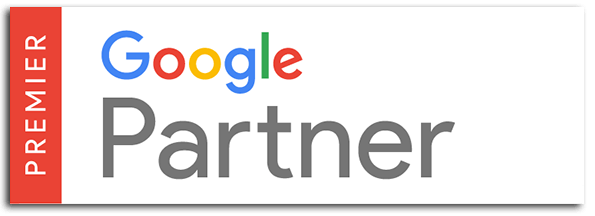
When it comes to lead generation, two solid options have been at the forefront in recent years: Facebook advertising and Google AdWords. However, while marketers may want to try both of these tools and see what sticks, there are concrete trends marketers can use to make an informed decision about what service will best meet your lead marketing needs.
1. Budget Matters
The vast majority of lead marketing decisions begin with a look at the budget, and lead generation is no different. If you're working with a small budget, Facebook is typically your best option when it comes to the most bang for your buck. According to a report from AdEspresso and reported on by Search Engine Journal, the average cost-per-click during the third quarter of 2016 for Facebook ads was $0.28. During the same period, the cost-per-click of Google AdWords averaged $2.32, a WordStream report explained. However, while your budget might be your first concern, there are other factors to consider.
2. Customer Journey
While Google's AdWords may be more expensive than Facebook, there's one key factor that makes this ad more valuable to marketers: the buyer's journey. When customers are served an ad on Facebook, it's like the digital equivalent of cold calling. They aren't necessarily interested in what you might be selling, and will often scroll right past.
However, targeted search ads through Google AdWords are based on specific keywords, indicating that a customer is seriously thinking about making a purchase. So while a Facebook user might scroll right past a Facebook ad for an Orlando-area gym that's targeting users under 50 years of age in central Florida, an AdWords option that pops up when a user searches for "Orlando gyms near me" might be more effective. Google AdWords lets you target people who are already considering a conversion, and while these ads might not be as budget conscious as their Facebook counterparts, they serve an important function, especially when your primary focus is lead generation.
3. Calendar Preparation
While marketers should look at their own goals when deciding whether to go with Facebook or Google AdWords, it's important to consider external factors as well. Facebook ad expenses can go up significantly depending on the season, which means marketers may have to reevaluate their strategy at times so they're using their budget efficiently. While Facebook Ads may be performing well in July, it may be time to switch gears if you see your costs spike and your conversions sink during the holiday season in November.
Though these tools work in different ways, there's evidence that paid search and Facebook can actually work better together. According to a Kenshoo study completed jointly with Facebook, augmenting paid search campaigns with Facebook ads can lead to a nearly 20 percent increase in total conversion as well as a 10 percent decrease in cost per acquisition. While implementing both of these strategies may require some advance planning and considerable budget reorganization, there are real benefits for those who want to take the plunge and craft a blended strategy to pump up conversion rates while reducing expenses on cost per acquisition.
CMG Local Solutions are certified Google and Facebook partners - let us help you strategize your marketing budget to get you the best ROI for your business. Contact us today!









